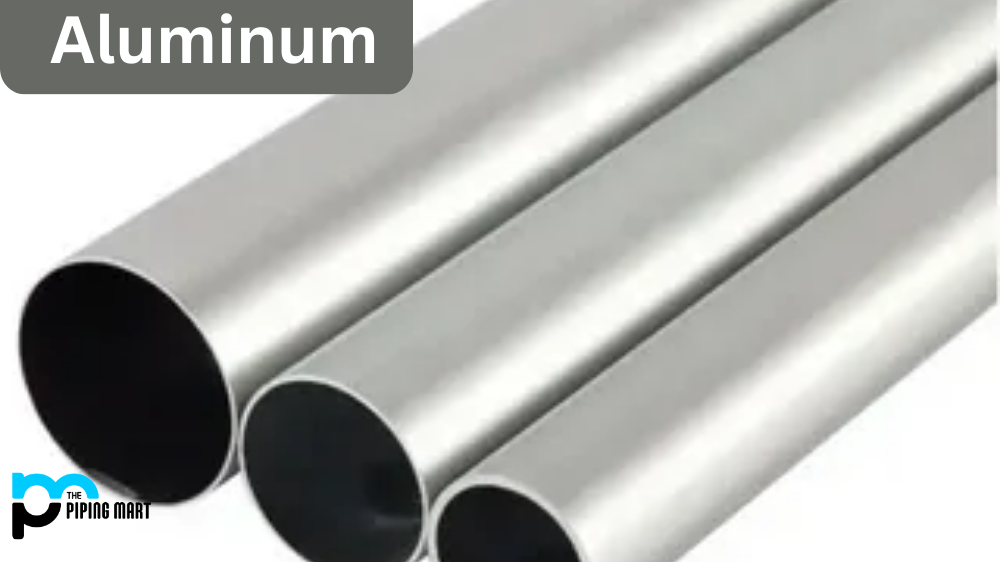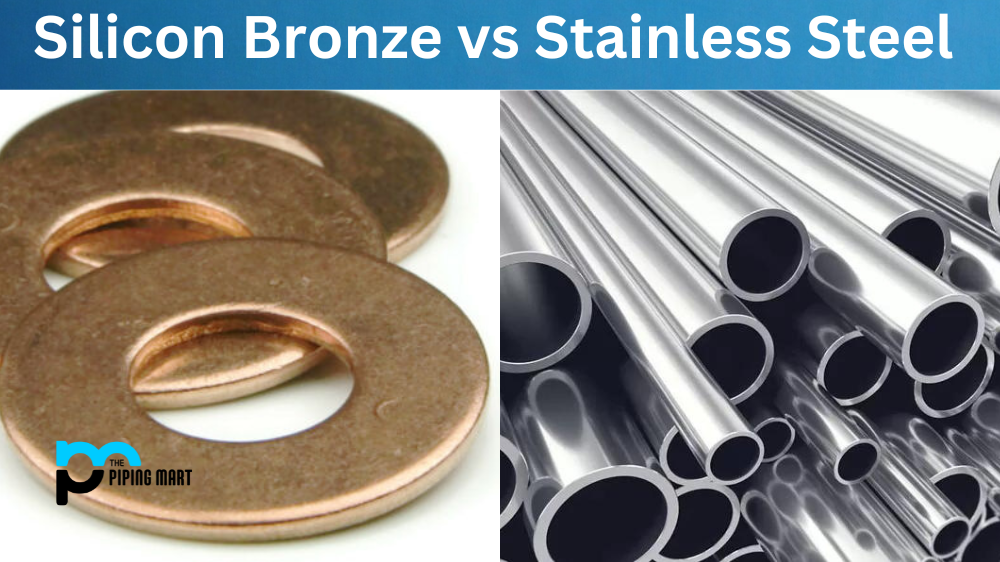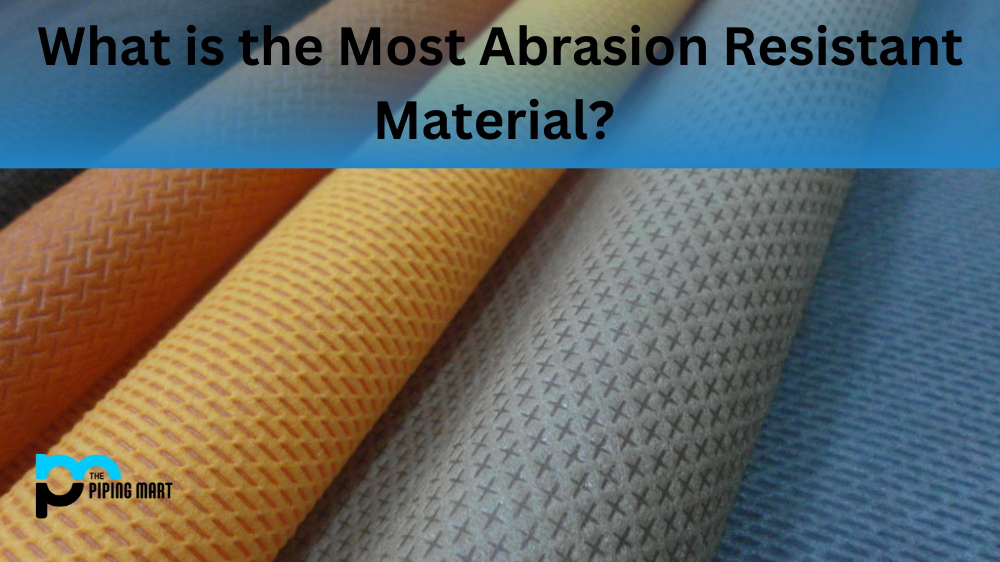Have you ever wondered what the difference is between electroplating and galvanizing? Both are popular processes used to coat metal surfaces but have very different applications. Let’s dive in and learn more about how these two processes differ.
What is Electroplating?
Electroplating is a process that uses electric current to reduce dissolved metal ions so that they can be deposited onto a solid surface. This process helps to protect the surface from corrosion, improve its appearance, or increase its durability. It works by submerging an object into a chemical solution containing metal ions and applying an electric current through the object and solution. This causes a chemical reaction that deposits a thin layer of metallic material onto the object’s surface. Common metals used in electroplating include gold, silver, nickel, tin, brass, and chrome. Electroplating is a process that uses an electric current to coat a metal with a thin layer of another metal. This process can protect the underlying metal from corrosion or give it a different appearance.
What is Galvanizing?
Galvanizing is another process of coating a metal surface with a protective layer of zinc. When exposed to oxygen in moist environments, zinc is an effective barrier against corrosion. The galvanization process involves dipping a steel or iron product into molten zinc at around 860-900 degrees Fahrenheit (460-480 degrees Celsius). During this process, iron molecules form layers of iron oxide and zinc oxide on the product’s surface. The zinc oxide then bonds with other particles to form a strong barrier against corrosion for up to 50 years or more, depending on environmental conditions. Galvanizing is a process that coats a metal with a thin layer of zinc. This process is typically used to protect the metal from corrosion.
Difference Between Galvanizing and Electroplating
So what’s the difference between galvanizing and electroplating? Aside from their different materials—zinc for galvanizing and various metals for electroplating—these two processes also differ in application. Electroplating is more suitable for small objects such as jewellery or electronics components. At the same time, galvanized coatings are better suited for more essential things like steel structures or vehicles due to their superior protective qualities against rusting and corrosion over time. Additionally, galvanized coatings are thicker than electroplated coatings, providing more protection against wear and tear over time and harsh weather conditions such as rain and snowfall.
Advantages of electroplating
One advantage of electroplating is that it can be used to coat metals with a variety of different metals, including gold, silver, and nickel. This allows for a wide range of looks and finishes. Additionally, electroplating can provide better protection against corrosion than galvanizing.
Advantages of galvanizing
One advantage of galvanizing is that it is less expensive than electroplating. Additionally, galvanizing can provide better protection against corrosion in some cases.
Disadvantages of electroplating
One disadvantage of electroplating is that it requires the use of toxic chemicals, which can be harmful to the environment. Additionally, electroplating can be less durable than galvanizing in some cases.
Disadvantages of galvanizing
One disadvantage of galvanizing is that it provides a less wide range of finishes than electroplating. Additionally, galvanizing can be less durable than electroplating in some cases.
Conclusion:
When it comes down to it, there isn’t one clear winner when deciding between electroplating and galvanizing; each has its own set of advantages that make them ideal for specific applications. Whether you need something small coated with a shiny finish or large covered with maximum protection from corrosive elements, an option is likely available that fits your needs perfectly! So do your research before making any final decisions on which coating option will work best for you!

A passionate metal industry expert and blogger. With over 5 years of experience in the field, Palak brings a wealth of knowledge and insight to her writing. Whether discussing the latest trends in the metal industry or sharing tips, she is dedicated to helping others succeed in the metal industry.




